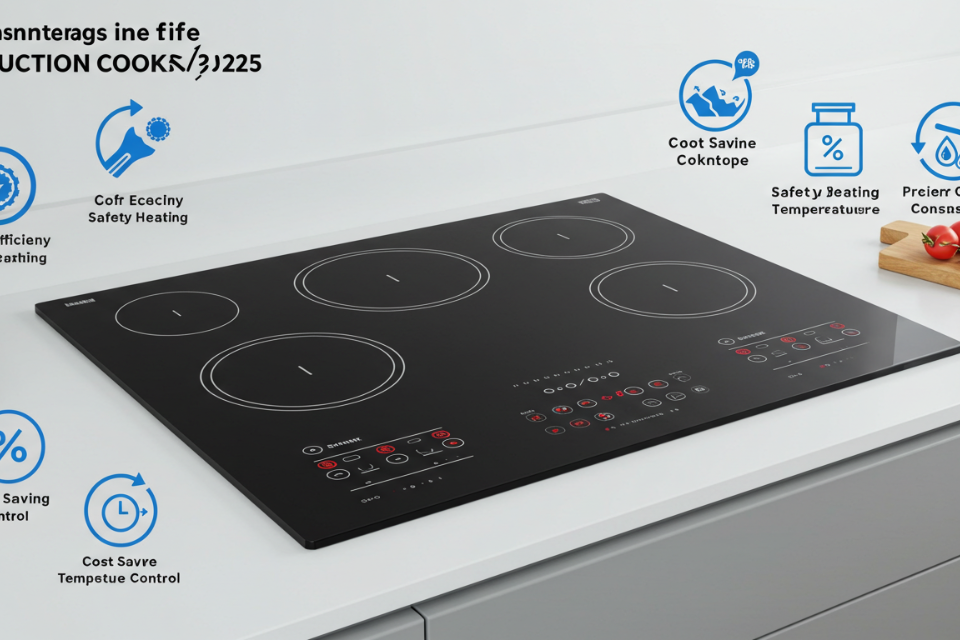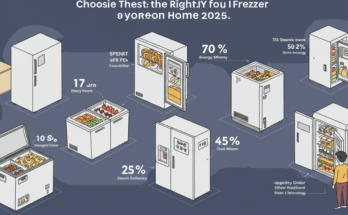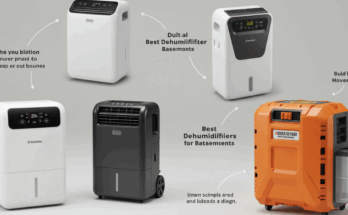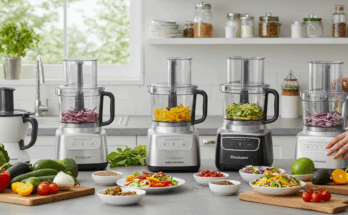Induction cooktops have rapidly gained popularity in recent years, but are they worth the investment in 2025? This comprehensive guide will explore the advantages and disadvantages to help you decide if an induction cooktop is the right choice for your kitchen.
Energy Efficiency and Speed
Induction cooktops are renowned for their exceptional energy efficiency. They transfer heat directly to the cookware, minimizing energy loss. This translates to faster cooking times and lower energy bills compared to gas or traditional electric ranges. This speed is a game changer for busy weeknights. Learn more about the speed comparison between induction and other cooktops.
Safety Features
Safety is another key advantage. Induction cooktops only heat the cookware itself; the surface remains relatively cool to the touch, significantly reducing the risk of burns. The automatic shut-off features further enhance safety, especially if you have children. Read more about specific safety features of leading brands.
Precise Temperature Control
Achieving precise temperature control is crucial for many culinary techniques. Induction cooktops excel in this area, offering incredibly responsive temperature adjustments, making them ideal for delicate sauces and precise cooking methods. This level of control is something that improves the cooking experience for both novices and experts.
Cleaning and Maintenance
Cleaning an induction cooktop is a breeze. The smooth, flat surface is easy to wipe clean, and spills rarely burn on. This ease of maintenance saves you time and effort in the long run. Check out some useful cleaning tips for induction cooktops.

Cost Considerations
While induction cooktops typically have a higher initial cost than gas or electric ranges, the long-term savings from energy efficiency can offset this over time. Consider the total cost of ownership when making your decision. This includes the purchase price, energy usage and maintenance costs.
Compatibility with Cookware
Induction cooktops require cookware with a magnetic base. Not all pans are compatible, so you might need to invest in new cookware if you switch to induction. However, many modern cookware sets are now induction-compatible.
Overall User Experience
Many users report a positive experience with induction cooktops, praising their speed, efficiency, and ease of use. However, the higher initial cost and the need for compatible cookware are potential drawbacks to consider. Ultimately, the best choice depends on your individual needs and preferences.
In conclusion, induction cooktops offer a compelling combination of speed, efficiency, safety, and precise temperature control. While the initial investment might be higher, the long-term benefits and improved cooking experience make them a worthwhile consideration for many homeowners in 2025. The ease of cleaning is also a major plus. Weigh the pros and cons carefully to determine if an induction cooktop is the right choice for your kitchen.
Frequently Asked Questions
Is induction cooking more expensive than gas or electric? Induction cooktops typically have a higher initial purchase price but can save money on energy bills in the long run.
What kind of cookware do I need for an induction cooktop? You need cookware with a magnetic base. Many modern pots and pans are induction-compatible, but check the markings on your existing cookware.
Are induction cooktops difficult to clean? No, they are very easy to clean! The smooth surface makes wiping spills a simple task.
Is induction cooking safe? Yes, induction cooktops offer excellent safety features, including automatic shut-off and a relatively cool cooking surface.
How does induction cooking compare in speed to gas or electric? Induction cooking is significantly faster than gas or electric cooking.



